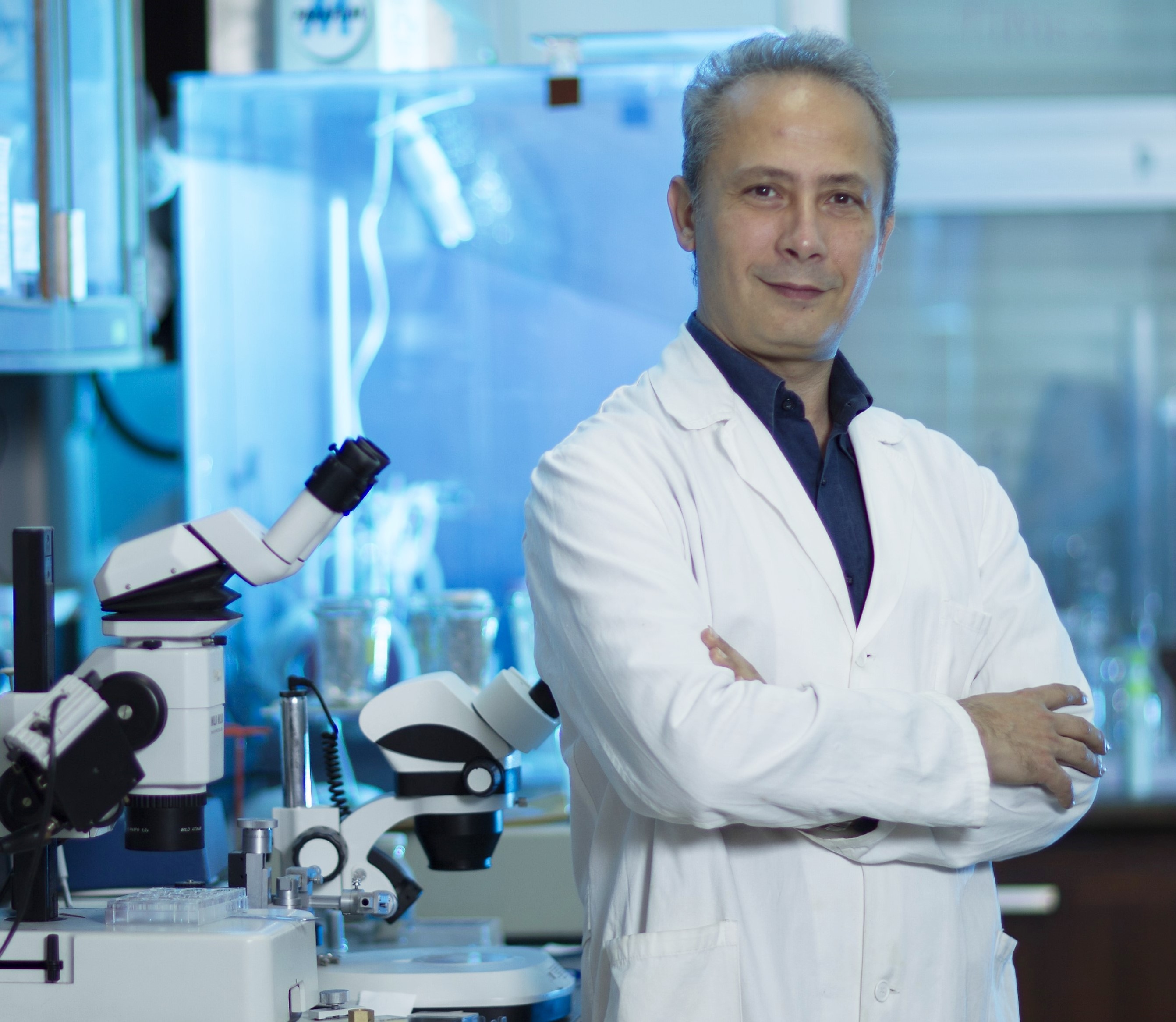In a two-part final installment in the series dedicated to brain-related research, neuroscientist and coordinator of the Malta Neuroscience Network, Professor Giuseppe Di Giovanni, tells us why collaborative research and heightened public awareness are crucial to further understanding and curing brain diseases.
 There is very little doubt that the brain is an amazing machine capable of doing incredible things in a, seemingly, effortless way… From the way the brain picks up a new language to the way it deciphers the things we see, it works in tandem with every other organ in our body to ensure we can actually exist in this reality.
There is very little doubt that the brain is an amazing machine capable of doing incredible things in a, seemingly, effortless way… From the way the brain picks up a new language to the way it deciphers the things we see, it works in tandem with every other organ in our body to ensure we can actually exist in this reality.
But, because it’s such a vital tool for our wellbeing, it should come as no surprise that when something goes wrong with the brain, our general health suffers manifold. In fact, as Professor Di Giovanni explains, brain illnesses are among the highest causes of death and disability the world over.
“While 400,000 people die from breast cancer every year, one million people commit suicide. Add death due to the abuse of drugs, Alzheimer’s, Parkinson’s, and all the other neurodegenerative disorders, and the numbers skyrocket,” he says.
“Yet, despite the high numbers, social awareness of brain research is low, and mental illness is still perceived as an indulgence, a sign of weakness, or a punishment. For patients, it carries powerful negative attributes in all of their social relations, and that situation must be improved.”
In order to do this, Professor Di Giovanni helped found the Malta Neuroscience Network (MNN) back in 2015. Today, he is still the coordinator of the Board, and the organisation’s aims remain unchanged.
Among many of its goals, MNN hopes to get more neuroscientists and researchers to work together – along with both the media and educators – to raise awareness about the brain’s capabilities and the illnesses that can afflict it. More importantly, however, it also seeks to advance the research we have of the body’s most complex component.
“All people who work in the field of research know that science is needed to generate new knowledge,” he explains. “Science and technology have undergone continuous development over the past 400 years so, as a result, our society today is highly technical and specialised. Nevertheless, scientific knowledge and everything that has to do with scientific culture, especially in terms of brain research, doesn’t always filter down to the public.
“That’s a shame on many accounts,” he continues. “The human brain is the most complex organ in the known universe. This complexity makes it the last and hardest frontier in medical research, and unravelling the brain’s secrets could change the lives of millions of people of all ages who suffer from neurological and psychological conditions, lesions or addictions.
“Moreover, brain diseases can affect anyone. One in three Maltese people – and about one billion people worldwide – will suffer from some form of condition or disease at some point in their lives, which includes autism, multiple sclerosis, depression, and dementia. These are among the 21st century’s biggest challenges in terms of public health too, so we need to develop new ways to cure these conditions, rather than simply treat them.”
[youtube https://www.youtube.com/watch?v=o42iaAs1Y8Y&w=560&h=315]
Of course, our knowledge of brain-related diseases has advanced greatly, particularly over the last century. Indubitably, this is thanks to researchers all over the world, whose contributions have made conditions like autism, schizophrenia, Parkinson’s and Alzheimer’s treatable or more manageable.
“Even so, further steps are needed to allow researchers to translate these findings into treatments,” adds Professor Di Giovanni. “Basic researchers need to work with clinicians to ensure that these new discoveries within the lab end up at the bedside… In fact, this is the only approach that will allow us to understand the brain and subsequently protect brain health to benefit patients, their families, and health workers… This is the aim of the MNN and such a collaboration is precisely what is needed right now.”
As he explains, we are nowhere near the end of the line, and while the advancements in science and technology are (as Professor Di Giovanni himself points out) ‘promising’, the public’s awareness of such illnesses and their treatments, and the stigma associated with them, still need to be worked on.
The work currently being conducted by various entities within the MNN, and through its work with RIDT, is helping research about the brain leave the laboratories and become part of the public psyche. From the Brain Awareness Week that was held last March to offering study-units in neuroscience at the University of Malta, the race is on to bring the brain to the forefront of research.
“The future of brain health will expand exponentially when cognitive neuroscientists, medical doctors, molecular biologists, neuro-engineers and other interdisciplinary team members come together to discover ways to promote brain performance in health, neurologic injury, psychiatric disturbance and brain disease.
“Fostering collaborations among scientists is the only way to contribute to Malta’s scientific development. Indeed, collaboration is the fastest way to find real solutions that can change lives for all people, today,” he concludes.
Professor Di Giovanni’s run as the coordinator of the MNN Board will come to an end at the end of 2016. Before that happens, however, he is adamant in his mission to bring together as many researchers to work towards this one common goal – understanding the brain.
You too can be part of this fascinating world of research by supporting researchers in all the faculties of the University of Malta. Please click here for more information on how to donate to research through the Research Trust (RIDT).
